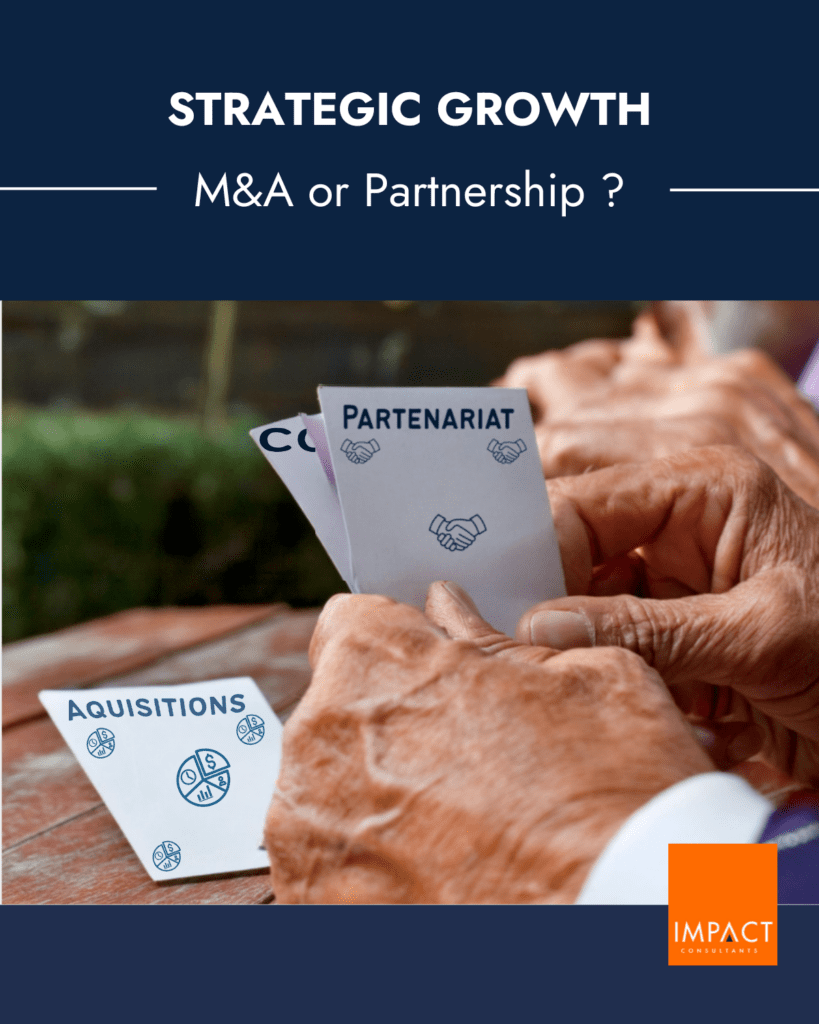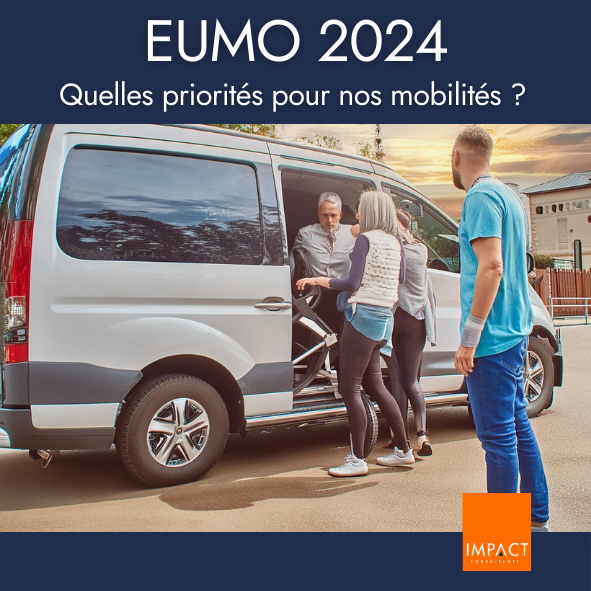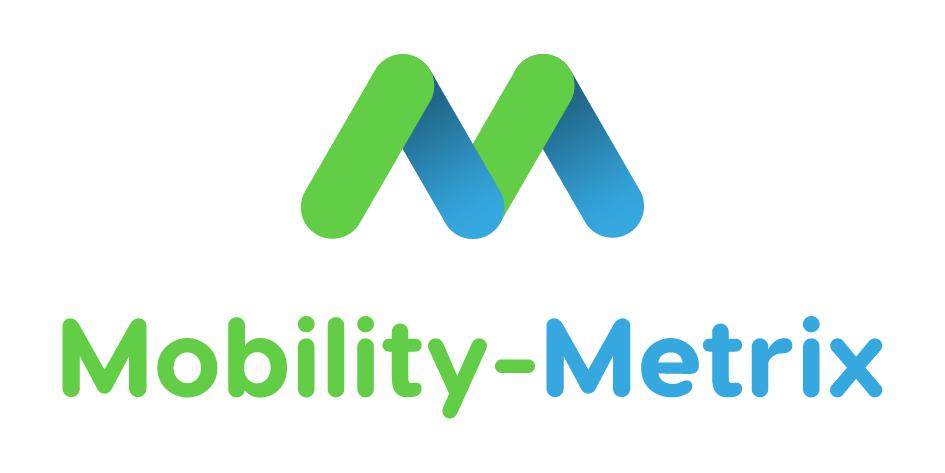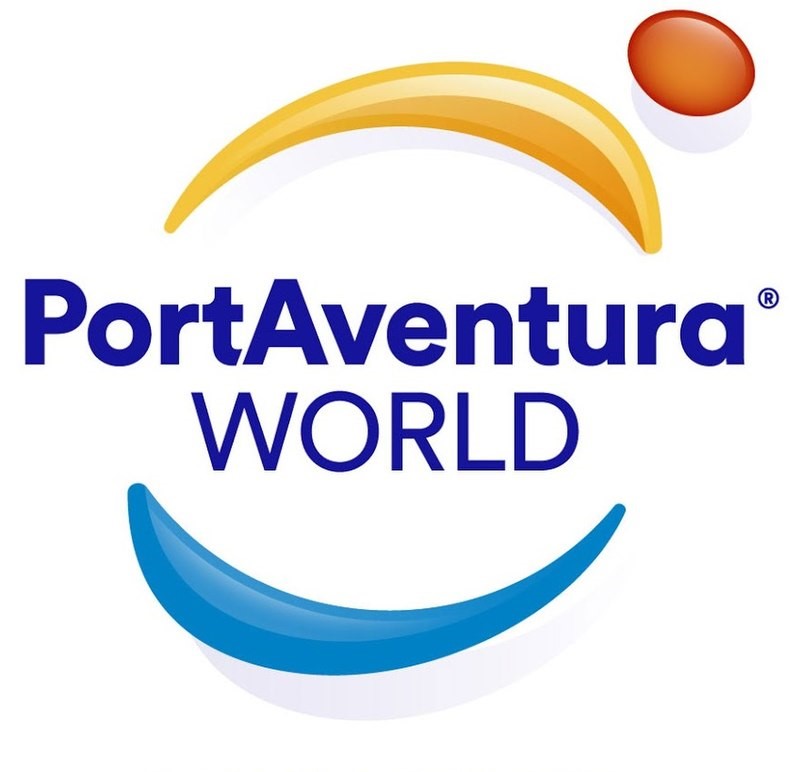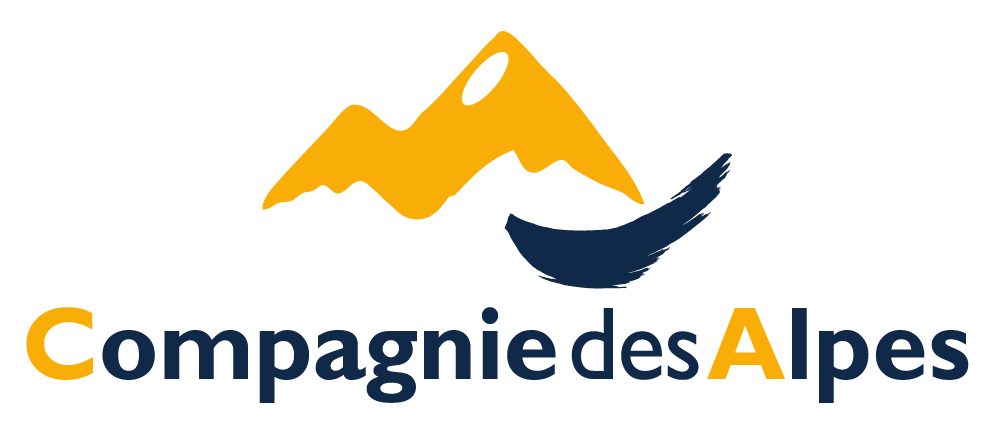Customer data: Improve each customer’s experience by respecting their data and the regulatory context (GDPR)
Customer data: Improve each customer’s experience by respecting their data and the regulatory context (GDPR) In the air, data is everywhere and shapes every decision: customer personalization, financial management, anticipating trends or operational management in real time. Well exploited, it becomes a strategic asset, but between regulation, quality and use, the challenges are numerous. Personalization of the customer experience is a central issue for airlines. In recent years, many companies have been happy to want to “put the customer into their strategy” “Personalize” the customer experience, which means offering services tailored to each individual’s specific needs. For this, knowledge of the said customers is essential. Customer data thus becomes a valuable source to be exploited properly, while respecting everyone’s privacy. And in particular the regulation that protects it in Europe, namely the famous GDPR (General Data Protection Regulation). Data platform: a real shock In recent years, the proposals for a “Customer Data Platform” have been developed. These are platforms that centralize customer data from the multiple systems involved in managing an air travel: PNR, tickets, FFP, my .com.. and even shopping and order requests. According to a report by KBV Research published in October 2021, the global market for Customer Data Platforms (CDP) is expected to reach $20.5 billion by 2027, with a compound annual growth rate (CAGR) of 34% over the forecast period. This growth reflects the increased focus on centralization and leveraging customer data for optimal personalization. Virtuous goals? Each traveller’s habits and preferences are analyzed, as well as their travel context, to best respond to the traveller’s requests on all channels: website, mobile application, airport kiosks or customer service. For example, a frequent traveller who is in a hurry will always be offered the 2A seat; a vegetarian menu will be offered at check-in rather than when the ticket is purchased if it has been noticed that this choice is made later; or send the best alternative flight proposal by SMS in case of missed connection. This approach aims to improve the customer experience while optimizing sales opportunities for airlines. GDPR compliance challenges This approach claims to be “for the good of the client”. In fact, many solutions on the market promise advanced services, but not all of them guarantee the privacy of customers they want to “better serve” or even GDPR compliance. However, it is essential to ensure that the rights of individuals are guaranteed, especially in terms of consent and access to data. Centralizing consent management through a CDP can facilitate this compliance, ensuring greater traceability and transparency. Personalization and data protection: a delicate balance Effective personalization requires the use of relevant data and appropriate tools. However, it is crucial not to exceed the limits imposed by the regulations and to ensure that users’ personal data are protected. Companies must adopt ethical practices, clearly informing customers about the use of their data and obtaining their explicit consent. The use of tools Artificial Intelligence (AI), modeling, machine learning… are key tools for data processing in general and customer data in particular. This may include either automating data cleaning, automatically detecting and correcting inconsistencies or reconstructing missing values to ensure increased reliability of the analyses. It can involve predicting the reaction to an event or a proposal – for example, “willingness to pay” in the most recent RM models, or even “willingness to change” to identify the passengers most likely to accept a proposed travel modification. Any alternatives? The fine use of customer data seems essential for a personalized treatment of customers, and this with the help of the latest processing techniques. But sometimes it may be better to tailor the offer based on the context in which the request is made, rather than based on the history of the person making the request: many of us are both happy parents of young children, Busy managers with a team and/or business, friend who wants to join their group of friends for a particular event. Knowing what cap one is wearing at the time of application (often contained in the application itself) is at least as useful as knowing how many trips and what type of trips were made in the year that ends. Because of the privacy risks (see above), personalization at the individual level is more like the Holy Grail than the reality. But it is possible to work on trends, on personas, and to bring the reactions of each member of a group closer to the general trend of that group. Their passenger data brings a lot of knowledge to airlines. But it is essential to always use them for a real improvement of services, and to focus on non-intrusive alternatives. HELENE MILLET – Partner helene@impactconsultants.eu #TRAVEL #TRAVELTECH #INTERNATIONAL #VENTES B2B #TRANSFORMATION #GESTION DU CHANGEMENT #FINANCE #REVENUE MANAGEMENT PRICING #STRATEGIE #DISTRIBUTION Related articles : https://www.linkedin.com/posts/h%C3%A9l%C3%A8ne-millet-handsonconsulting_lufthansa-finds-collecting-passenger-data-activity-6326353177272741888-m30g?utm_source=share&utm_medium=member_desktop&rcm=ACoAAAP-4QYBATqfAipPox3gsHzB-NI_rUiTIfk https://drive.google.com/file/d/1QHHUnnF1iiuKC3iZsA0aYO6WCw8rJ-g0/view?usp=sharing And 2 Firechats from last year : 1.With Dmitry Novikov and Christian Baillet : Paximizer https://www.linkedin.com/events/drivingretailexcellencewithcdp7241727659959889921/theater/ 2.With Gee Mann : Travlrid https://www.linkedin.com/events/ownyourtravelprofile7190667500827627520/theater/ Partagez cette page Lorem ipsum dolor sit amet, consectetur adipiscing elit. Ut elit tellus, luctus nec ullamcorper mattis, pulvinar dapibus leo.




